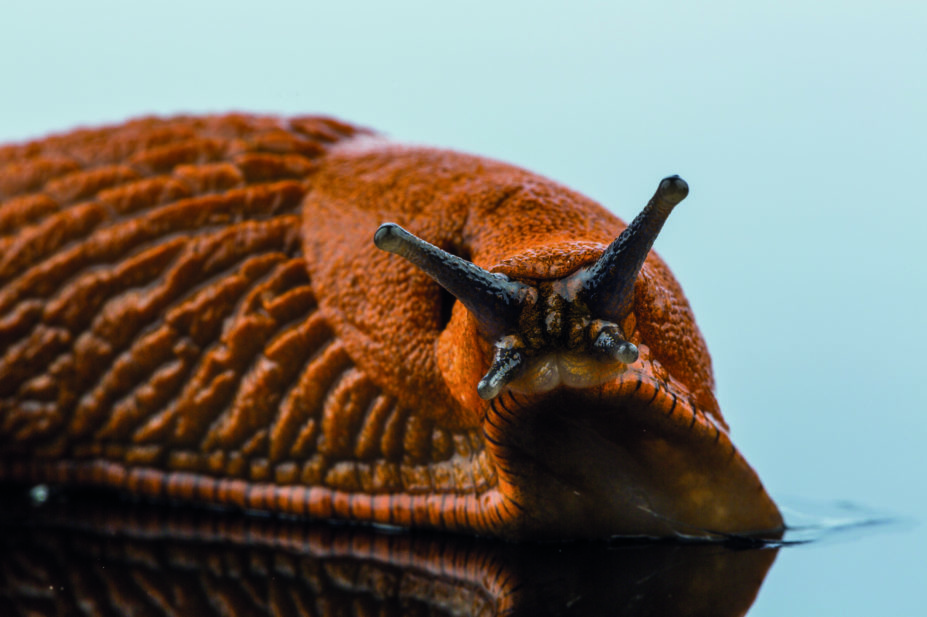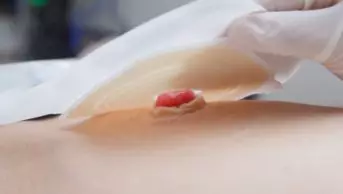
Shutterstock.com
Finding adhesives that bond to wet and dynamic surfaces, such as biological tissues, is extremely challenging — Âexisting adhesives are either cytotoxic, adhere weakly to tissues, or are ineffective in wet environments.
Researchers investigated the use of tough adhesives (TAs) inspired by a defensive mucus secreted by slugs that strongly adheres to wet surfaces. Pig skin was chosen as the first model tissue because it closely resembles human skin.
The TAs were found to adhere strongly to pig skin, cartilage, beating heart, artery and liver, even when the tissues were covered in blood, with a peak strength of 83 ± 31kPa, which exceeds that of commercially available tissue adhesives (typically ~10kPa). The TAs adhered rapidly, but not immediately, which meant that the material could be easily applied and, if necessary, repositioned.
The mechanical performance and compatibility with cells and tissues mean that TAs meet key requirements for next-generation tissue adhesives, the authors conclude in Science (28 July 2017)[1]
.
References
[1] Li J, Celiz A, Yang J et al. Tough adhesives for diverse wet surfaces. Science 2017;357;378–381. doi: 10.1126/science.aah6362


